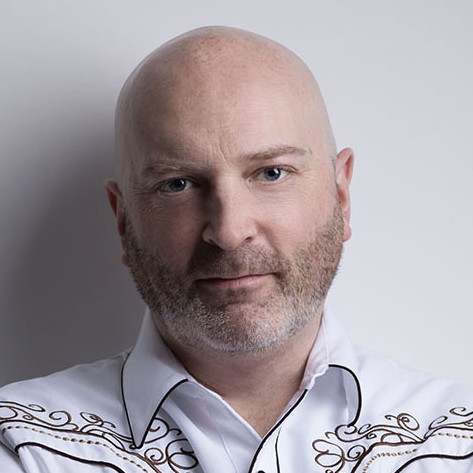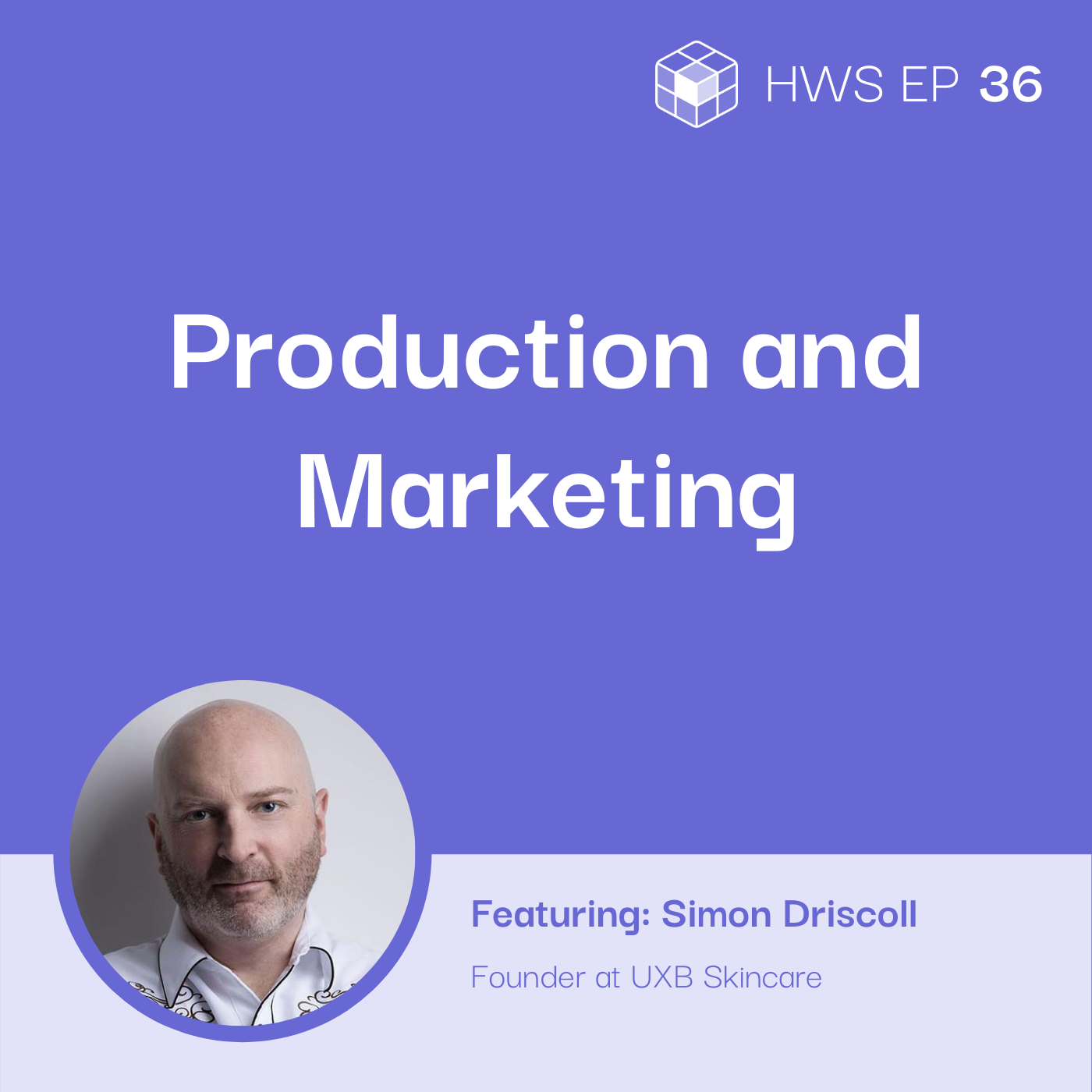Listen on:
Table of Contents:
Problem: How to produce, market, and sell a physical product
Simon Driscoll’s journey into soap making started when he went to a Turkish spa back in 2016. He had been toying with the idea of coming up with a physical product to manufacture, market, and sell but was not sure where to focus his efforts. After experiencing the uniquely transformative (and refreshing) experience, he decided to go into soap-making.
So I bought loads of soap and it all did what it was supposed to do and I thought, “This is it. This is the thing I’ve got to develop”. And I signed up for as many courses as I could on how to make soap.
The Steps of Creating Branding, and Marketing Handmade Soap
Step 1: Developing the Product and the Knowledge
Simon took a number of classes on soap-making as well as classes adjacent to the process of making soap, which would benefit product development as well as marketing. One of those classes involved fragrance and scents. This was due to the fact that the first thing people do when they pick up new products and smell them. You can really change a person’s mood with a smell, so when Simon formulates and creates his own blends, he often airs on the side of subtlety.
I don’t have a background in business so I had to learn both the formulating as well as the business side.
Step 2: Marketing
When it came to marketing, Simon made certain that he paid attention to the opinions and tendencies of his clientele, as well as the trends in the industry. Soaps and skincare products are often named after places and people. Some examples would be Victorian masculine names or a youthful feminine name as the label to a brand. Simon also paid close attention to packaging, scents, and the size of his products, based on the feedback of consumers.
When you look into how people name their skincare products, it’s normally after a place or after a person but my name doesn’t look good on a bottle.
Step 3: Scaling
Currently, Simon and UXB still continue to make their products in small batches, in-house (albeit, not in a bathtub). He loves being able to be in control of the quality of the products. He admits to being a control freak when it comes to the quality and formulas he uses when he creates his products so his preferred production will always be in-house.
As you scale skincare (if you make it yourself) at a certain point, you have to make the decision of whether or not you outsource it.
Step 4: Investing In New Products
Simon created the UXB brand on the basis that the cleansing and exfoliating are two of the most important parts of skincare. He is focused on those two aspects of skincare and (for the near future) expects to keep to that branding. Simon does admit that he will need to eventually branch out into other aspects of skincare but he wants to stay true to his brand for as long as he can.
That is my brand story and all of the products come from that brand story.
Step 5: Building an Online Presence
It’s not easy to start your own brand. There are a lot of people out there, which causes a lot of noise and causes the market to become crowded. Right now, Simon is focused on fine-tuning his Facebook marketing techniques in order to drive potential customers to his website. Simon’s next stage and biggest problem right now is being able to get more press and credibility by getting in front of the right people.
Selling direct to consumer has its challenges so you have to find your audience and then you have to persuade them to buy from you versus the hundreds of other brands out there.
This interview is part of the How We Solve podcast. To hear more from industry experts who are solving everyday business problems, check us out on Spotify, Apple Podcasts, and on our website.
About the guest

Simon Driscoll
At UXB we have spent years researching simple natural ingredients that have proven over the millennia to work effectively with different skin types.
How people can people reach the guest:
Website: UXB Skin Care
Email: Simon@UXBSkinCare.com
LinkedIn: Simon Driscoll
Instagram: @UXBSkinCare
Listen on:
